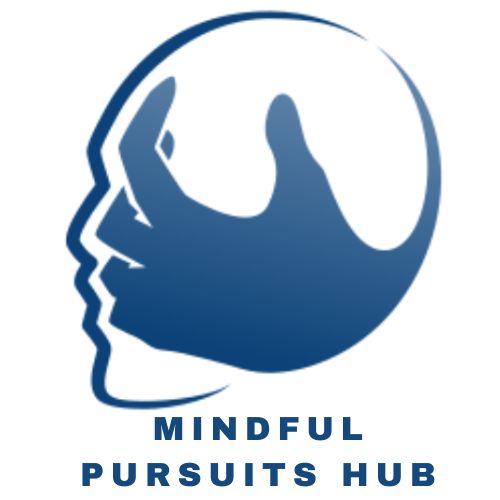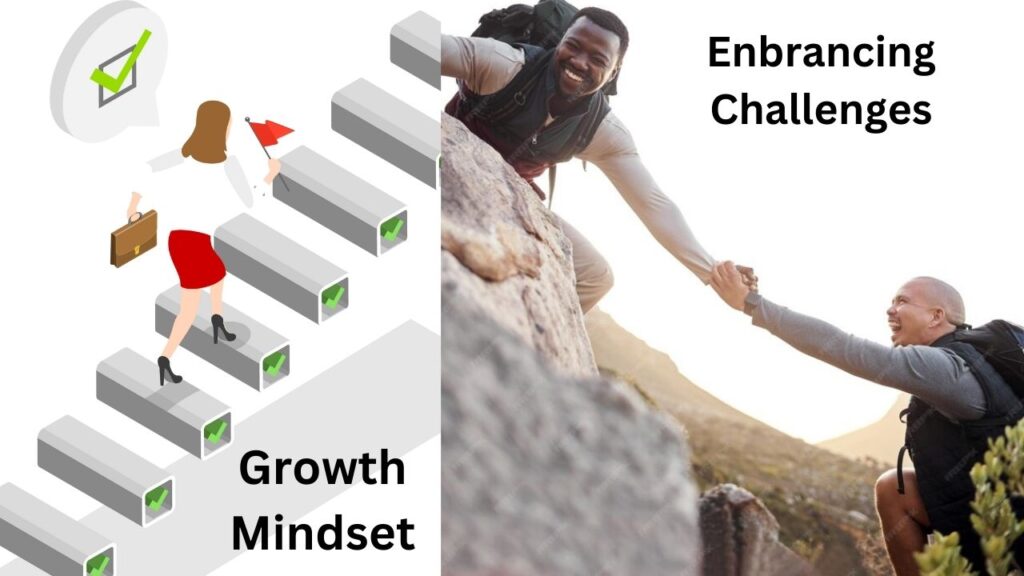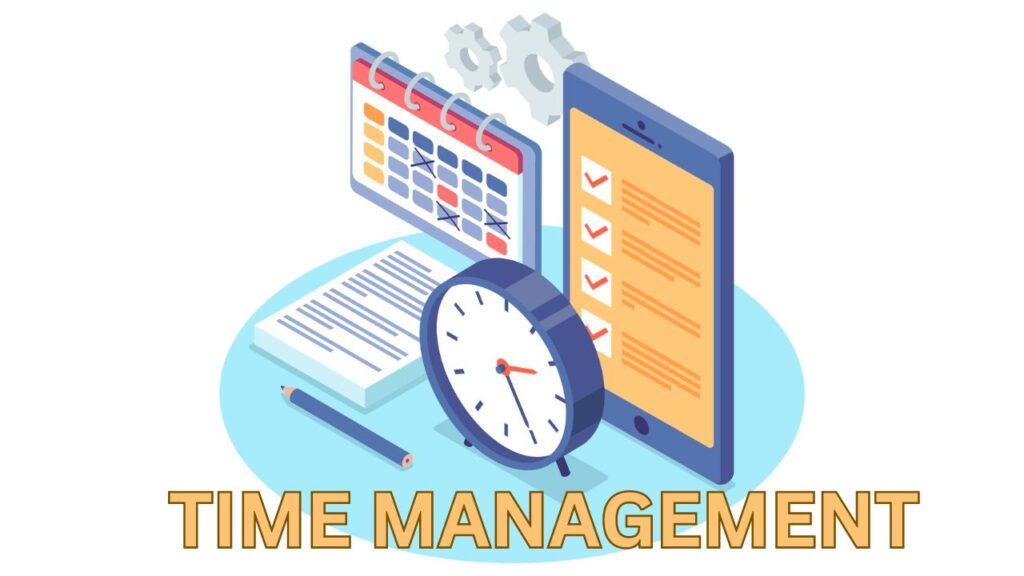In today’s rapidly changing job market, technical expertise and/or certification alone is no longer sufficient for career success. Soft skills, often referred to as interpersonal or people skills, have taken centre stage. These abilities, which include communication, adaptability, and teamwork, are now recognized as essential for career growth and advancement. This article begins by distinguishing hard skills from soft skills with examples, explains how they are acquired, and examines the power of soft skills and how they can elevate your career to new heights.
Jump to Section:
ToggleSoft Skills and Hard Skills Distinguished
For better understanding of the topic under discussion, it is necessary to demystify the distinction between hard skills and soft skills.







